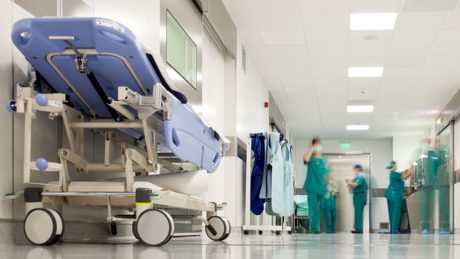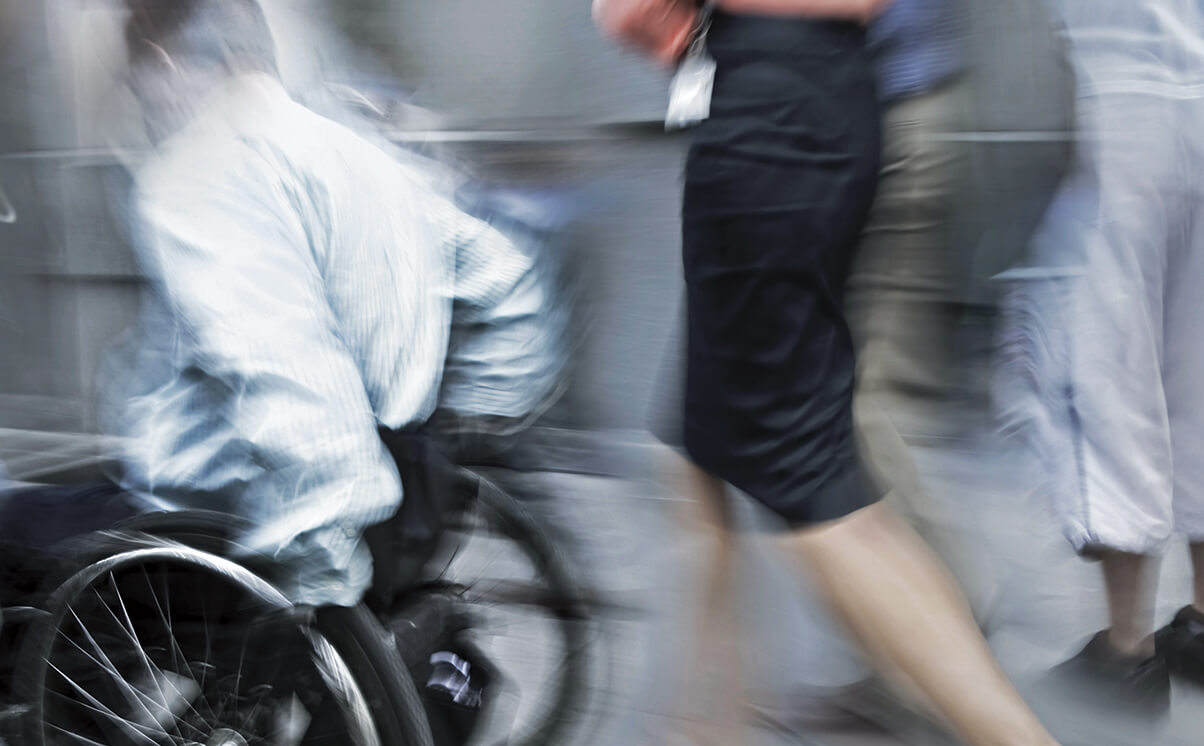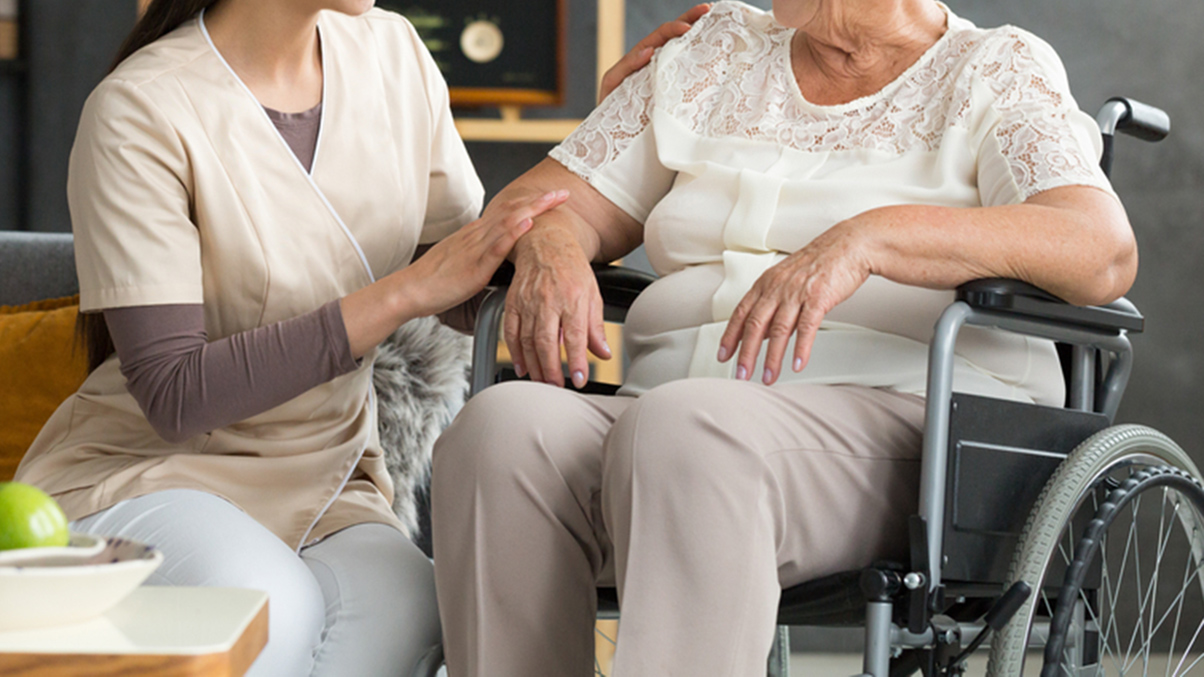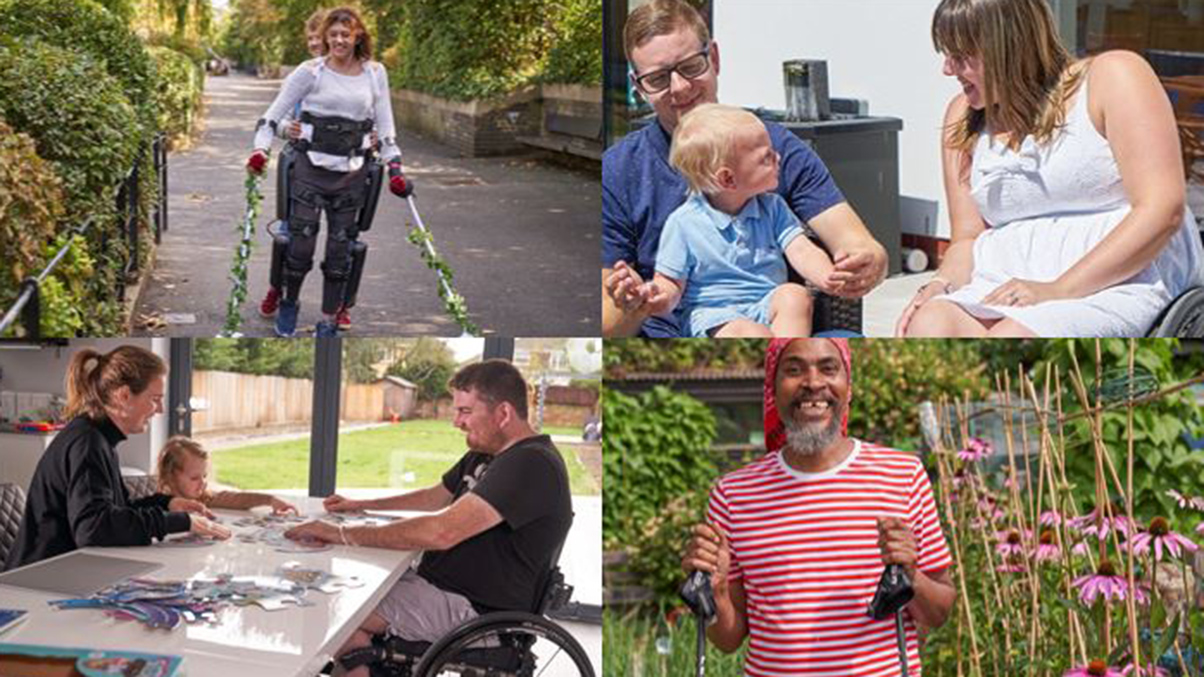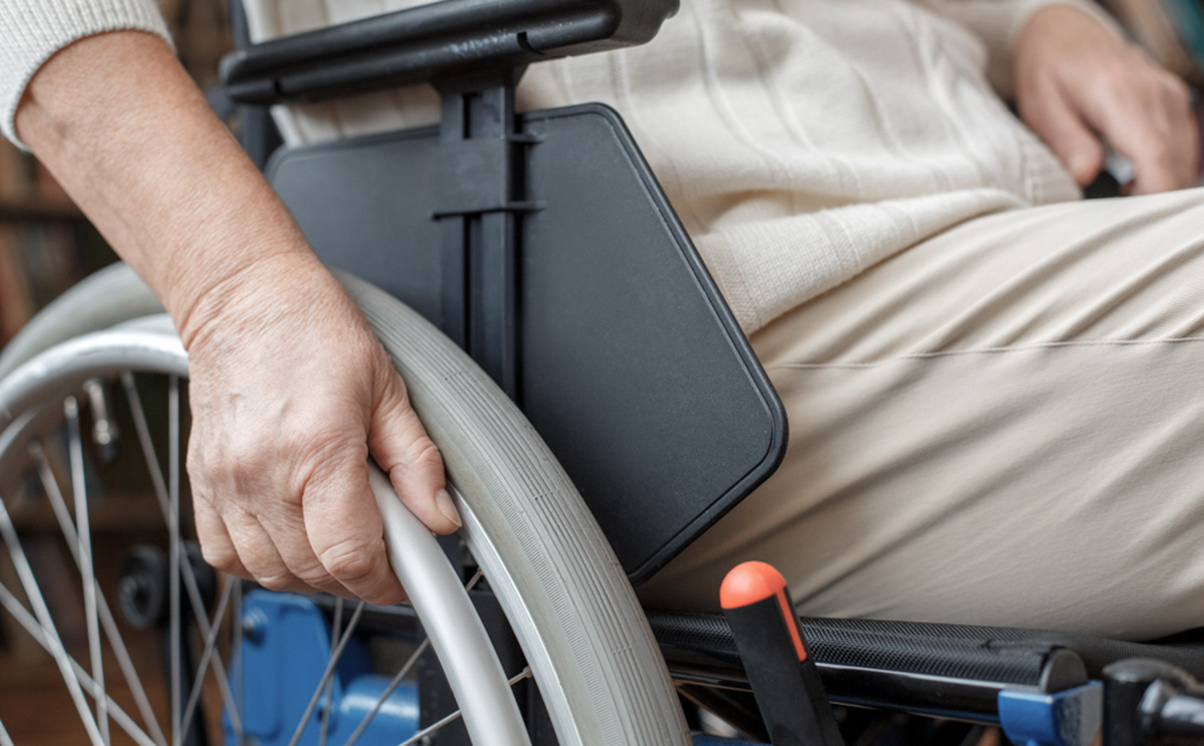Due to the Covid-19 outbreak and changes implemented by the Coronavirus Act 2020, the safe discharge of patients from acute hospitals is being expedited to free up beds as quickly as possible.
For many of our pro bono clients, the impact of this is that they have been discharged home, often to live with the care and support of their family. In these uncertain times, not only do patients have to adjust to living with their disability or illness in a home setting, but they also have the challenge of the increased daily living costs that often results from this.
Patients who have suffered serious injury or illness and have been discharged from hospital may now be eligible for a number of disability benefits they were not entitled to claim while still in hospital. These can assist the individual and their family financially, and help them access the support and adjustments they may need.
Below we have set out a summary of these. Importantly, we have outlined the key changes to the application processes that have resulted from Covid-19 and how these may impact you.
We recommend commencing an application for any welfare benefit as soon as possible as there can be substantial waiting times. For some benefits, the payments can be backdated to when the application was submitted once an award is made.
Personal Independence Payments (PIP)
PIP is a non-means tested benefit designed to help you with some of the extra costs of living with a long term ill-health or disability. The rate of PIP you receive will depend on the rate you are awarded following assessment of your application (standard or enhanced).
PIP applications can be commenced by making a call to 0800 917 2222. You will need to have key information such as your date of birth and national insurance number to hand.
Once you have started the application, you will receive a claim form booklet in the post, which will need to be completed and returned. Where possible, you must attach medical evidence to support your case.
You can get someone to help you complete the claim form, which is quite long. However, you should make a note of this in the ‘additional information’ section of the form (Q15) so that it is clear that you have received help. A useful guide to filling out the form can be found here.
Once the application is returned, you will be contacted to set up a telephone interview. Usually, you would be asked to attend a face-to-face assessment. However, these have been suspended in light of Covid-19 until further notice. As a result, it is even more important that you include supportive medical evidence with your form as they will not be able to assess your physical injuries and their impact on you in person.
We recommend that prior to the telephone interview you:
- Have a copy of the original claim form in front of you to refer to
- Prepare a list of real-life examples of how your injury impacts you day-to-day
- Ask someone if they can sit in on the call with you to provide support
- Make a note of key things discussed
Following this, you should be informed of their decision by post. Please note that it is possible to ask for a ‘mandatory reconsideration’ if you do not agree with the decision. This requires them to reconsider the award, and you will be allowed to submit further evidence that supports your case. It is important to be aware of the time limit to submit a request for a mandatory reconsideration. This is outlined in your letter and is usually one month from the date of the letter.
Employment Support Allowance (ESA)
If you were working prior to your accident or injury but are no longer able to work as a result, you may wish to consider making a claim for ESA. It is designed to assist those whose disability or health condition affects how much they can work. It is intended to provide money to help with living costs if you’re unable to work and support to get back into work if you’re able to. Please note that you cannot get ESA if you are still receiving Statutory Sick Pay from your employer or are receiving Job Seeker’s Allowance.
Income-based ESA can be claimed as part of an online Universal Credit application (please see details on this below). If you are not eligible for ESA based on income (ie you have savings over £16,000), you may still be entitled to contributions-based ESA. You will be eligible if you’ve been employed/self-employed and paid national insurance contributions, usually in the last two to three years.
Contributions-based ESA applications can be commenced by making a call to the Job Centre Plus on 0800 169 0350. Due to Covid-19, you will not be asked to attend your local Job Centre Plus and all communications will usually be conducted over the phone.
Universal Credit (UC)
You may be able to get further financial support via monthly UC payments. This is a means tested benefit, which means your eligibility is dependent on your household income and savings.
All UC applications should now be started online. Please note that UC has replaced many of the old benefits and combined them into one. As a result of Covid-19, the Department of Work and Pensions (DWP) has received a surge in applications, and this may cause delays to a new application being progressed.
We appreciate that for some, making applications online may be confusing. If so, we have produced the following guide that provides you with step-by-step instructions for starting a claim online: Universal Credit – How to apply
Carer’s Allowance
If you are now caring for someone who has been discharged from hospital for an average of 35 hours a week or more, you may be eligible to claim Carer’s Allowance. The person you are claiming for must already be claiming a disability benefit and you must not be in gainful employment (ie, earning more than £128/week after tax). You can confirm your eligibility by looking at the criteria here.
If you think you may be eligible, you can commence a claim online.
Disabled Facilities Grant (DFG)
Long term, you may wish to consider whether there are necessary adaptions that can be made to your property to make it more manageable in light of your disability. It is possible to ask your local authority to make minor adaptions if they are necessary. However, for any substantial adaptions, you will need to apply for a grant. You can apply for a grant from your local council to pay for adaptions such as ramps and stair rails. Your eligibility depends on the household savings and income but does not impact any other benefits you receive.
Due to the current Covid-19 lockdown, the ability for a property to be assessed by an occupational therapist and for contractors to complete any work may be delayed. However, you can begin an application for a grant with your local council in the meantime.
Becoming an appointee
Finally, if you have read the above and would like to apply on behalf of someone who has suffered a serious injury or illness, you can apply for the right to deal with their benefits if they cannot manage their affairs themselves. Doing this allows you to make applications for benefits and manage them on their behalf.
To become an appointee for someone, you will need to contact the DWP by telephone. The DWP will usually then decide if they think an appointee is required for benefits and will organise a time to interview you. These interviews will now be conducted by phone due to Covid-19. If they agree with your application, they will notify you that you have been appointed and you will be able to start making the application for benefits. It is important to remember that as an appointee you have certain responsibilities. You can read more about being an appointee here
This article was written by our Paralegal Emily Charlesworth
The Legal Service – We are here to help
The Legal Service, delivered by our pro bono team, provides patients with advice without obligation, for however long it takes to resolve the issue. Our support is available regardless of the circumstances of an accident and regardless of whether a patient has a personal injury claim.
In these difficult times, the concerns of our pro bono clients are likely to be more stark than those in more fortunate circumstances. The Legal Service will be available throughout the crisis to help in any way we can to ease the burden on our clients.
To get advice from The Legal Service, please contact Kara Smith by phone on 020 7822 8000 or by email at ksmith@stewartslaw.com.
You can find further information regarding our injury expertise, experience and team on our Personal Injury pages.
Covid-19 is impacting individuals and companies around the world in an unprecedented way. We have collected insights here to help you navigate the key legal issues you may be facing at this time.
Subscribe – In order to receive our news straight to your inbox, subscribe here. Our newsletters are sent no more than once a month.

